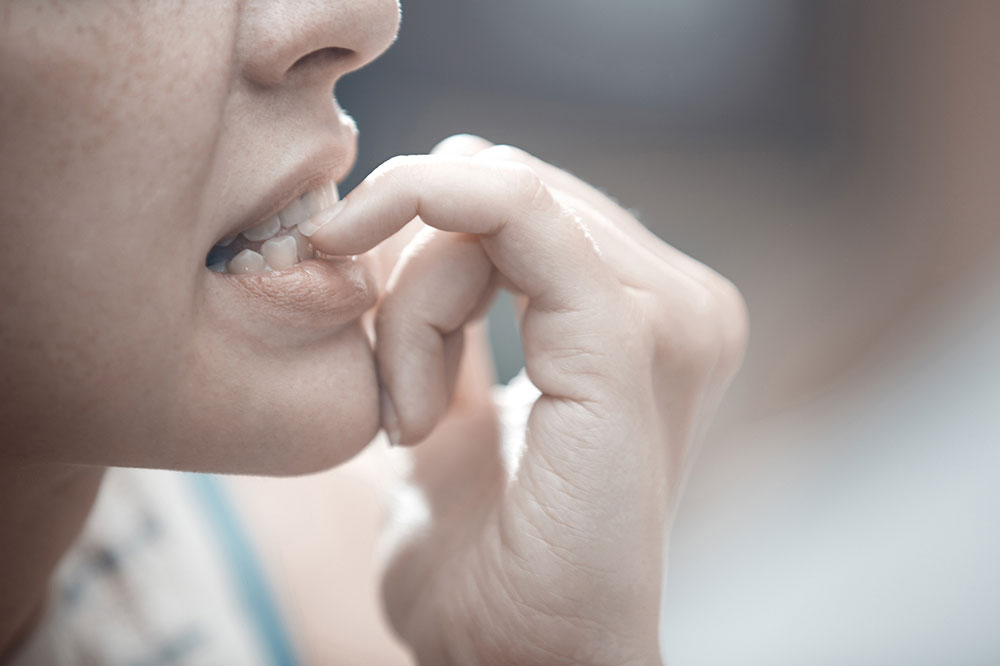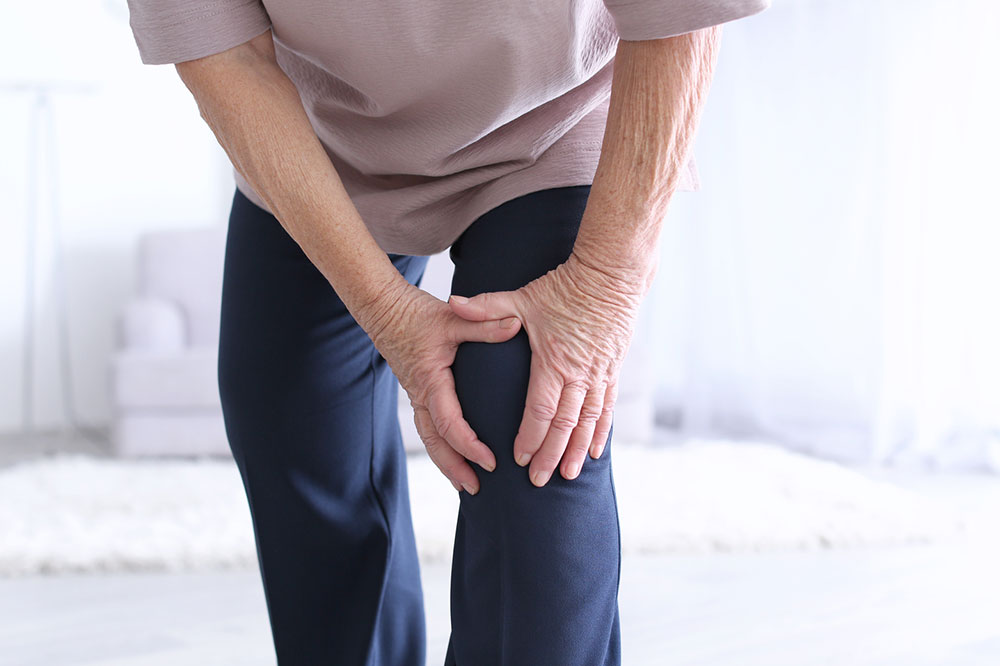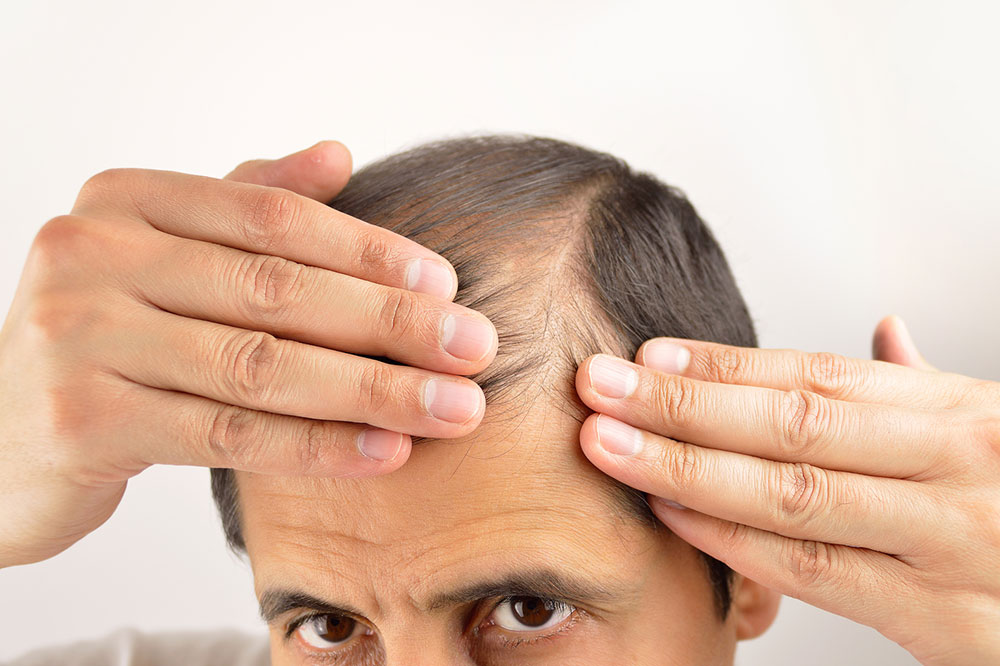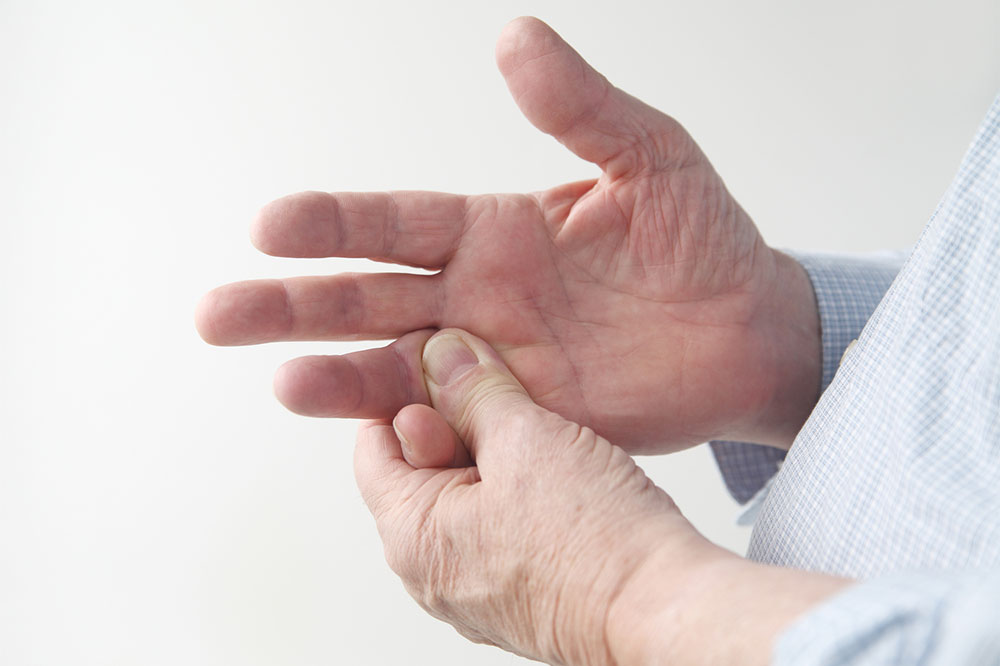5 bad habits that can damage teeth

Oral health is an important part of health, so one must keep their teeth and gums clean and watch out for unusual changes. In most cases, poor oral hygiene can be easy to observe through signs like persistent bad breath. Further, some bad habits can harm the teeth and pose health risks. Even a seemingly harmless action, like biting your nails, can be a bad idea. So, here are a few habits to avoid:
Chewing on ice
After drinking a cold beverage, many may get used to crunching on the ice at the bottom. Though it might seem completely harmless, it can cause immense damage to the teeth. Every time you munch on ice, you risk chipping the enamel—the outermost layer of the teeth. Enamel wear can leave the teeth unprotected and can prove to be painful, requiring treatment and immediate care.
Brushing too hard
People who brush their teeth too hard risk irritating their gums. This can lead to problems like receding gums and erosion of tooth enamel. So, experts recommend choosing a toothbrush with soft bristles to prevent brushing your teeth too hard. Additionally, you must brush your teeth in wide yet gentle strokes to keep them clean. You must also develop the habit of replacing your toothbrush every 3-4 months to prevent tooth damage brought on by worn-out bristles.
Grinding teeth
A bad habit that can go unnoticed is grinding your teeth or clenching the jaw too hard. Clenching the teeth regularly over the years can increase the risk of restricted jaw movement and muscle pain. So, to fix this, the American Dental Association (ADA) suggests you use a nighttime mouth guard and practice relaxation exercises. In addition to the above, you can also try to actively stop yourself from grinding your teeth and clenching your jaw during the day.
Biting nails
As discussed earlier, nail biting is a common bad habit that can harm the teeth. This can be a tick that is easily picked up when feeling nervous or bored. However, over time nail biting can chip the teeth and even harm the jaw. This habit also has the potential to expose the mouth to the bacteria under the nails. Some easy ways to curb this habit are to paint your nails or practice stress management techniques like meditation and yoga. Noticing such bad habits and actively avoiding them is a crucial step to preventing harm.
Skipping visits to the dentist
In addition to picking up bad habits, avoiding regular dental checkups and skipping dentist appointments can also affect oral health. Further, overlooking toothaches and other changes in oral health and not getting them checked can aggravate the problem. So, experts suggest visiting a dentist once or twice a year (or more, depending on overall oral health), even if you are not experiencing obvious dental problems. So the next time, you should ask the dentist to tell you when to schedule the next appointment.
Further, in case of any pain or other emergencies, you must consult a healthcare professional at the earliest. This can help ensure you get a timely diagnosis and a treatment plan that works best for you.







